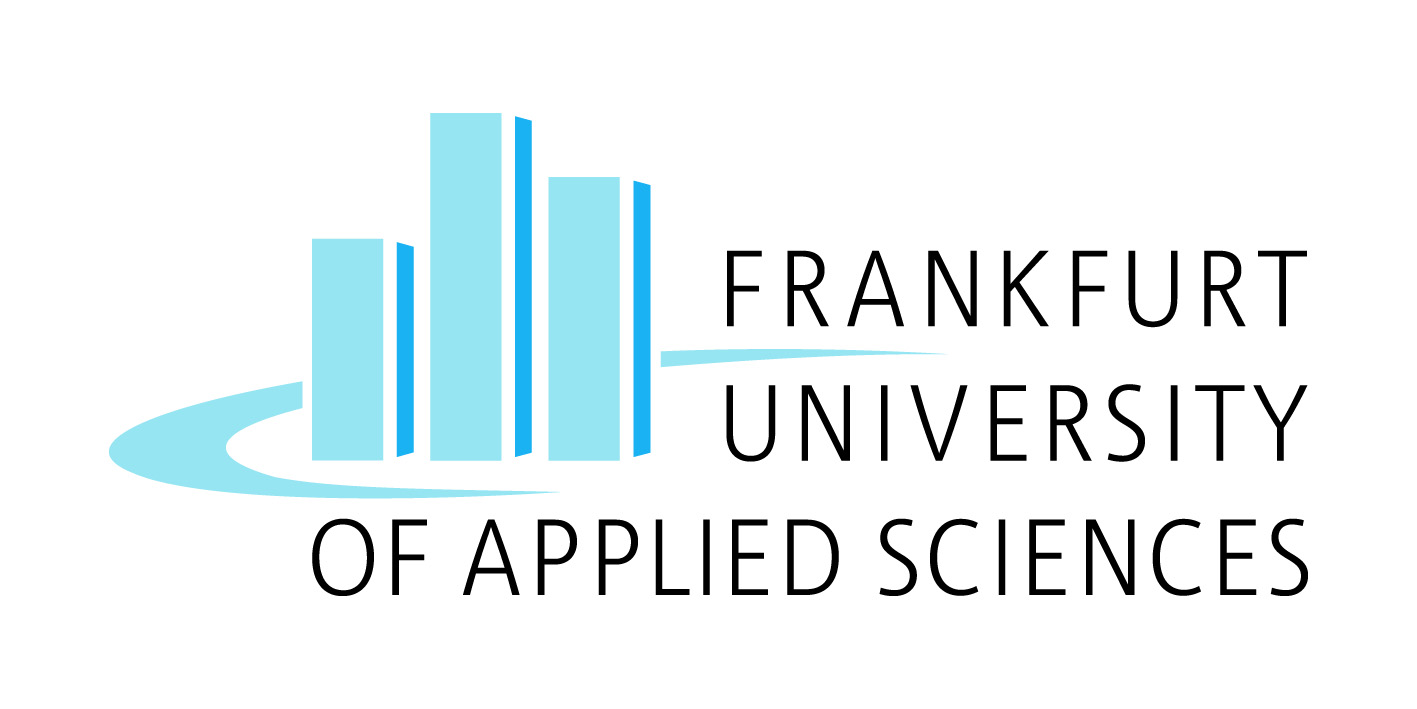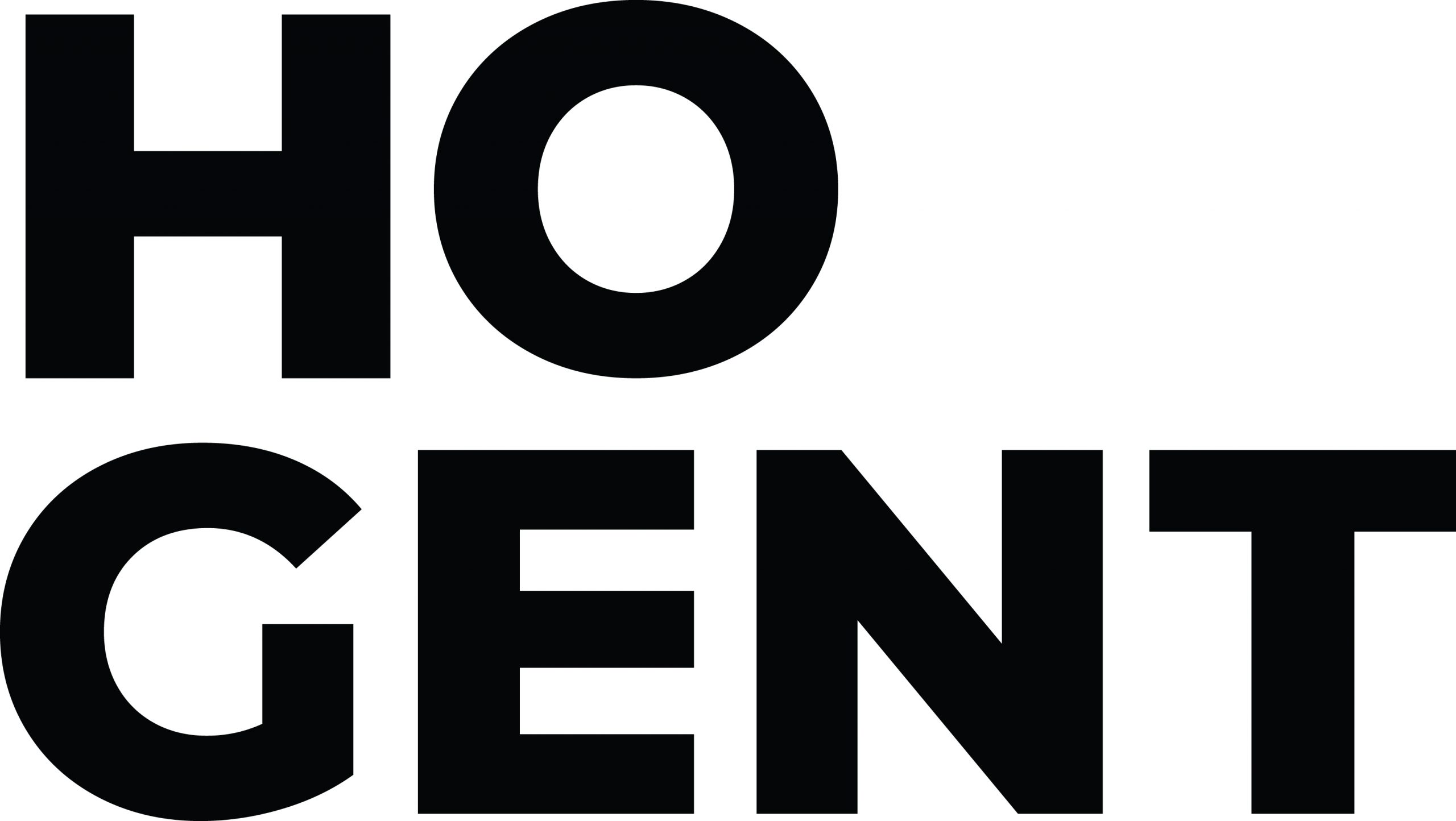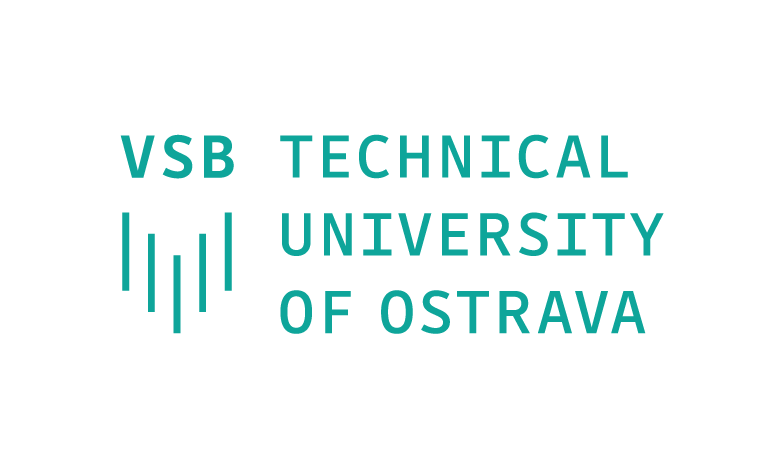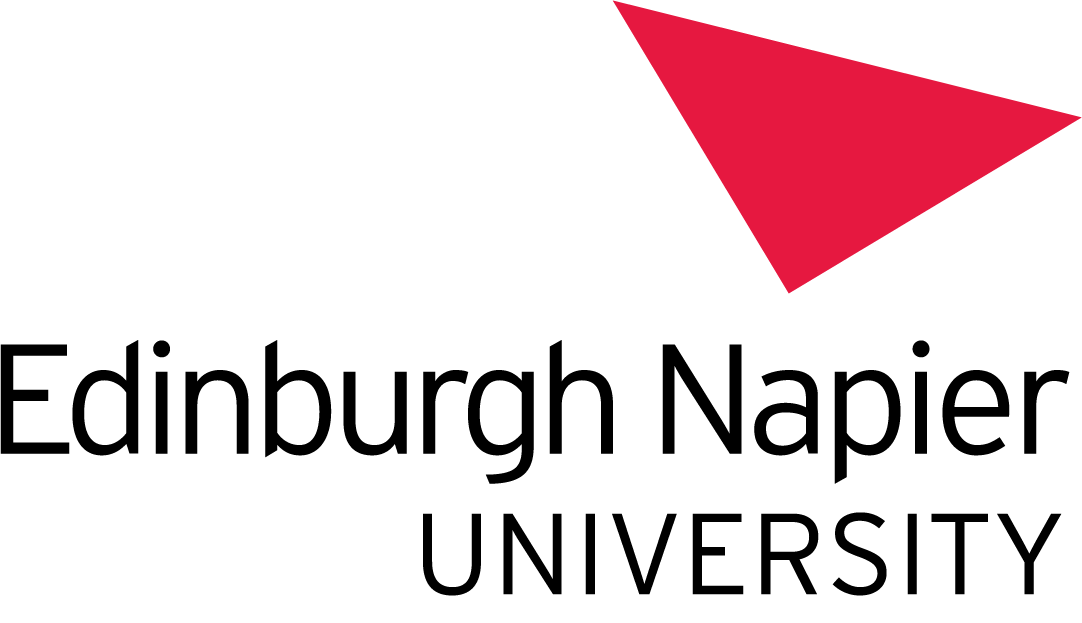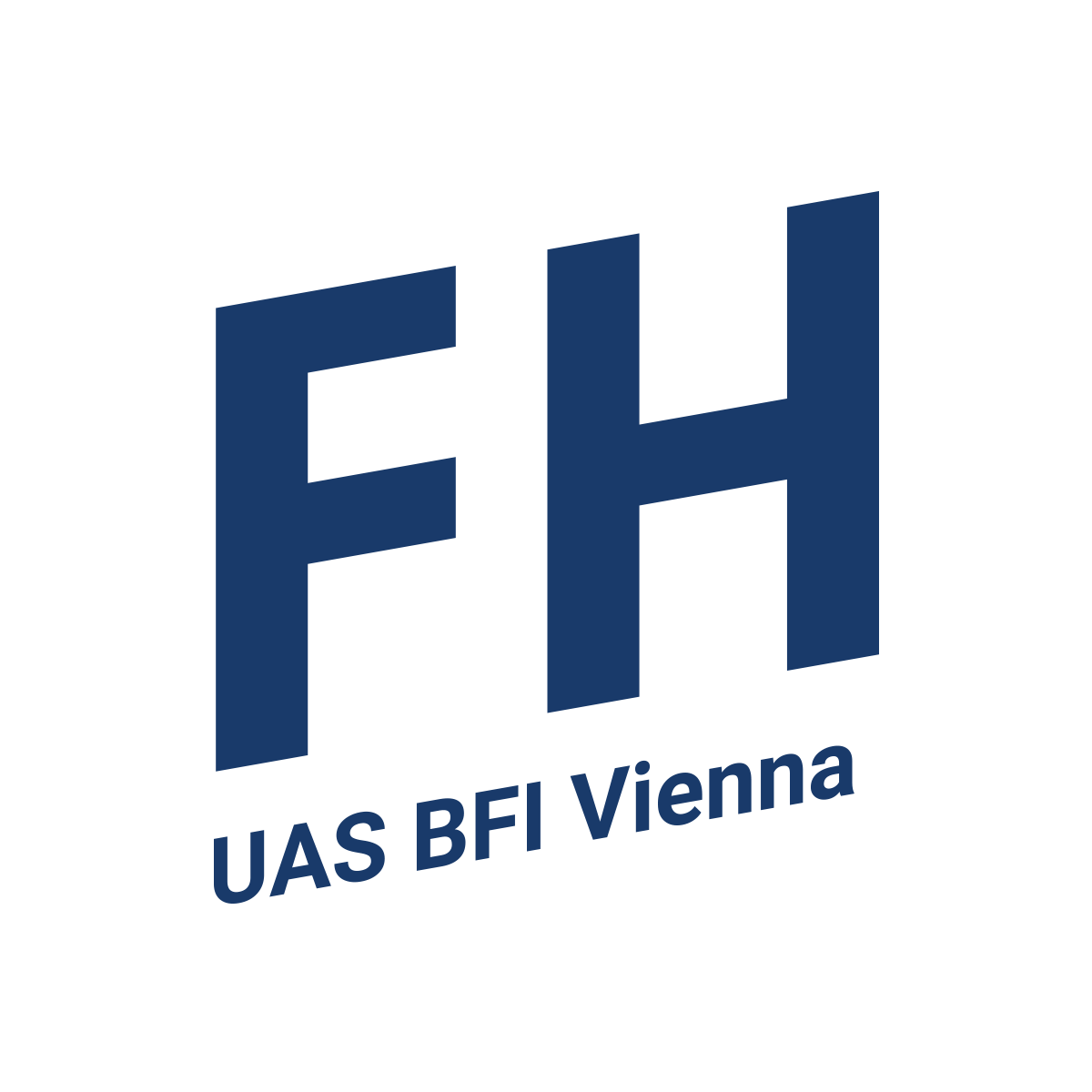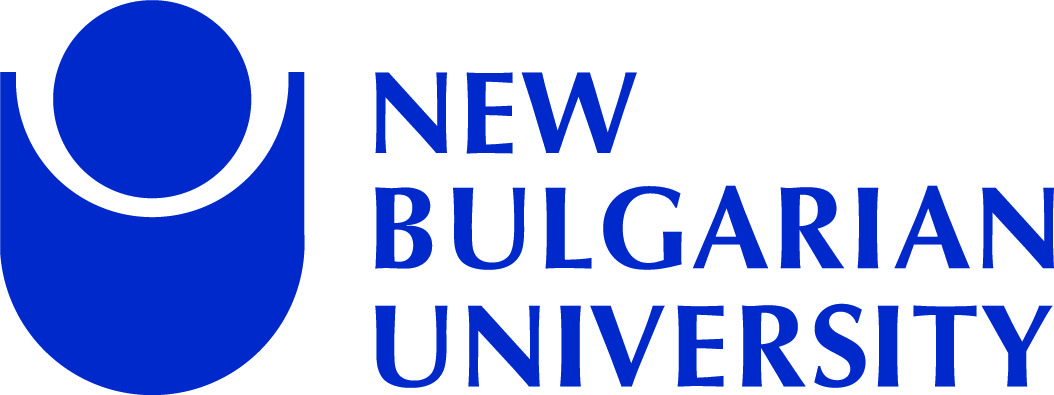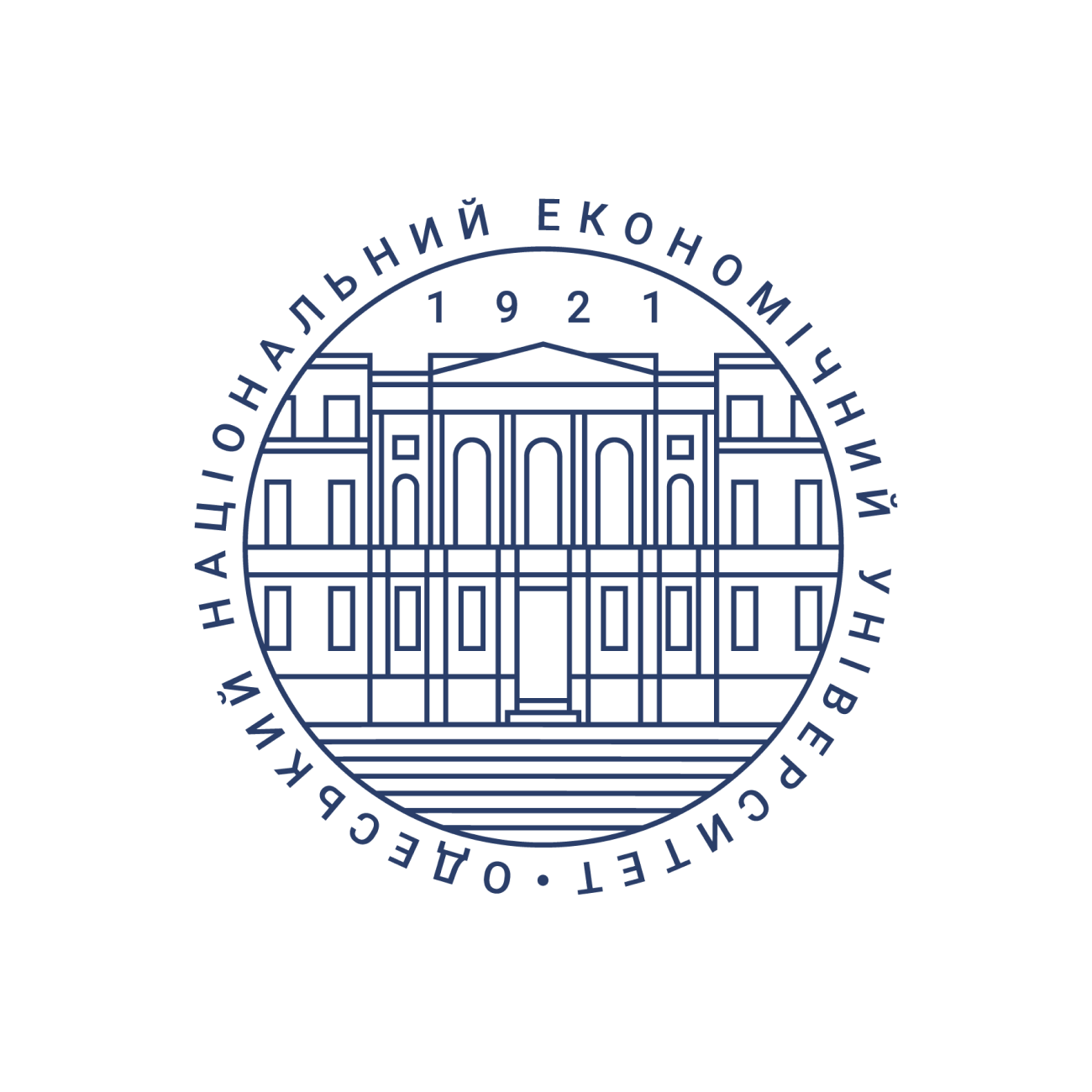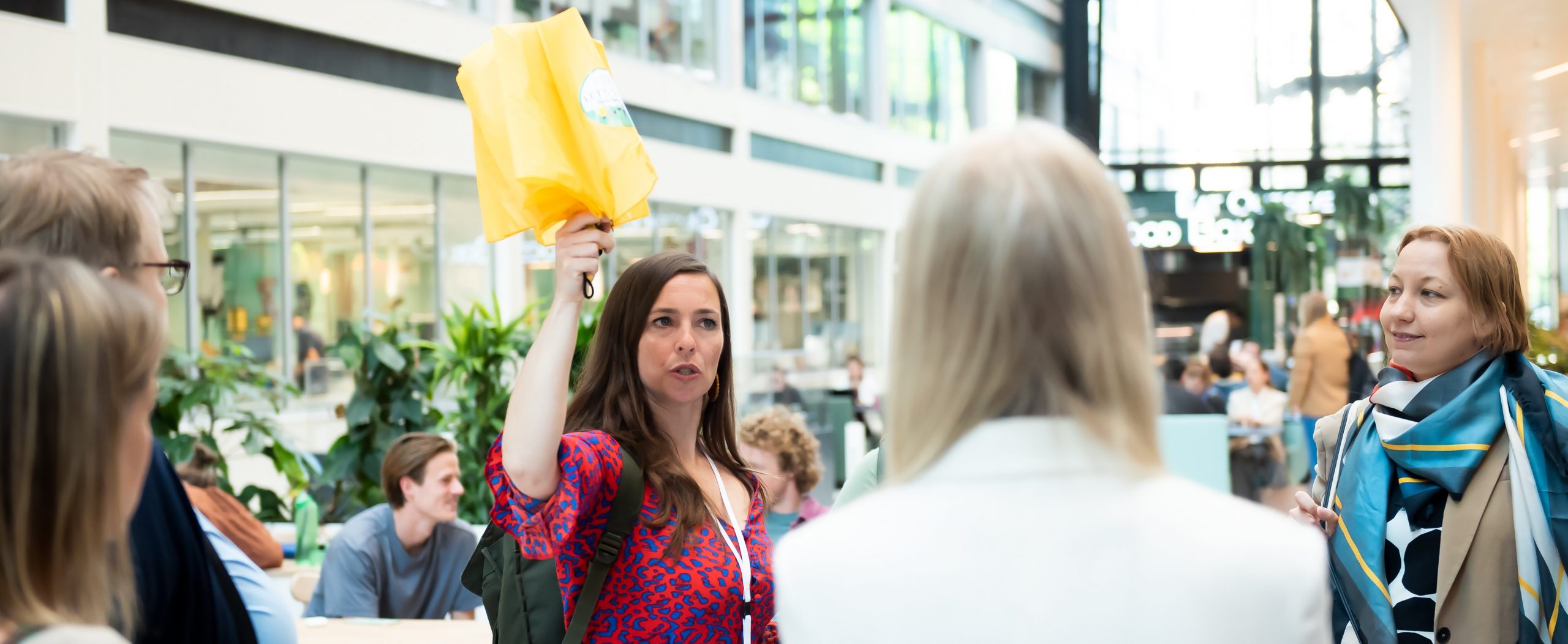
EduBase: U!REKA Education
Explore U!REKA educational strategy and principles
Guidelines for a Better Future
Our educational principles include co-creation, inclusivity, challenge-based learning, interdisciplinarity, collaboration, and international exchange (CICICI). They reflect our commitment to shaping an academic community of conscious, and reflective individuals. Thus, we empower students, faculty, and partners to build a sustainable future together.
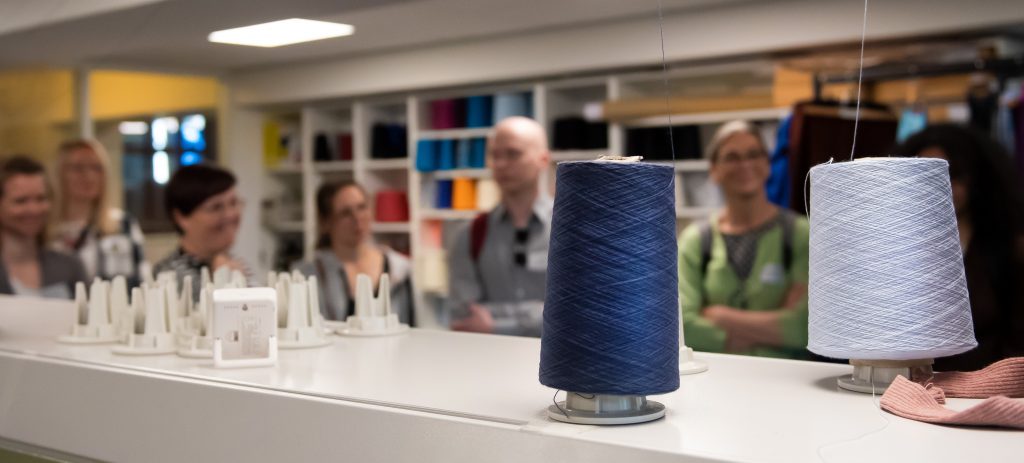
Co-Creation
As a collaborative approach, co-creation connects students, staff and external stakeholders in a common educational process. It fosters a participatory learning environment by blending diverse perspectives, skills, and knowledge fields to develop innovative solutions.
Read more
Shared Ownership and Participatory Learning
Co-creation is a core value and guiding principle of U!REKA education and exchange. It is a collaborative process that actively involves students, educators, staff, and external stakeholders in shaping curricula, designing learning environments, and addressing real-world challenges.
Shared ownership means that all participants – learners, educators, and partners – have a real stake and voice in the process, sharing responsibility for decisions, successes, and challenges together. This builds trust, respect, and stronger engagement. Therefore, by promoting shared ownership and collective decision-making, co-creation fosters mutual respect, motivation and innovation. It empowers learners to take responsibility for their educational journey while leveraging diverse perspectives and expertise to create meaningful, lasting impact.
Through systems-thinking tools such as design thinking and interdisciplinary collaboration, co-creation nurtures creativity, adaptability, and a sense of common authorship across cultural and institutional boundaries.
Inclusivity
Central to fostering a collaborative educational environment that transcends borders is inclusivity, which celebrates diversity, promotes a sense of belonging, and benefits personal development.
Read more
Welcoming Diversity, Promoting Equity
Inclusivity is at the heart of U!REKA’s identity. We are dedicated to ensuring that all individuals – regardless of background, identity, or circumstances – feel welcomed, supported, and empowered to succeed.
Inclusive education promotes equitable access to opportunities, celebrates diversity, and fosters a sense of belonging that enriches both personal and collective development. U!REKA proactively addresses barriers related to language, culture, ability, and socioeconomic status, creating a supportive learning environment that extends beyond the classroom and into the diverse communities we serve. Technology is integrated to support inclusivity and enrich the learning process and experience.
Inclusivity is not only a principle and value but a continuous practice that informs our teaching, research, and community engagement.
Challenge-Based Learning
Societal issues and actual challenges provide opportunities for challenge-based learning involving organizations and stakeholders from outside academia. This perspective requires a collaborative approach in education and personal involvement to tackle relevant (local and global) and often interdisciplinary issues.
Read more
Engaging with Real-World Problems
Challenge-Based Learning is a dynamic, student-centred approach that places authentic societal issues at the core of the educational experience. By engaging with real-world problems – often presented by citizens, public entities, companies, or NGOs – students are encouraged to apply academic knowledge, think critically, and collaborate across disciplines and cultures.
In this approach, students actively engage with a problem, its context, and the stakeholders involved. They investigate using research techniques and take action to implement change. By documenting their experiences throughout the challenge, learners reflect on the learning process and the impact and quality of the solution.
Challenge-Based Learning fosters self-reflection, self-regulation, boldness, resilience, experimental thinking, innovation, and social responsibility while aligning with global frameworks such as the UN Sustainable Development Goals. At U!REKA, Challenge-Based Learning transforms classrooms into spaces of inquiry and action, enabling students to become agents of change within their urban and professional environments.
Interdisciplinarity
Integration of knowledge, methods, and insights from multiple fields is the core of interdisciplinarity. Building on U!REKA’s focus on green, digital and social transformation, it involves blending perspectives to create new learning outcomes, methodologies, or knowledge areas, as well as innovative solutions.
Read more
Integrating Knowledge for Complex Challenges
Today’s challenges demand holistic and multifaceted perspectives. Interdisciplinarity at U!REKA means going beyond academic silos to integrate diverse knowledge systems, methodologies, and viewpoints.
Our green and digital programs, as well as collaborative research projects, promote connections between disciplines to address urban, social, and environmental issues. Through interdisciplinary collaboration, students and staff develop innovative approaches to problem-solving, broaden their understanding, and build bridges between academia, communities, and industries.
This approach reinforces the relevance of education to real-world needs and supports transformative learning outcomes.
Collaborative Learning
The collaboration of groups or individuals in inclusive environments can actively foster learning in international, intercultural as well as interdisciplinary contexts. Educators and students become partners in these co-creative learning processes. This approach values the abilities, strengths and skills of actors and groups; it strengthens team-based problem solving and creates positive interdependency among learners.
Read more
Fostering Dialogue and Mutual Growth
Collaboration lies at the core of U!REKA’s educational environment. We believe that learning thrives in a community in which students, educators, and external partners come together to share knowledge, engage in dialogue, and support each other’s growth.
Collaborative learning values interpersonal relationships, teamwork, and communication skills, enabling learners to benefit from diverse perspectives and mutual feedback. U!REKA promotes a participatory model of education where co-creation and collaboration intersect – empowering actors to collectively respond to complex urban challenges.
The integration of modern technologies enhances collaboration across linguistic and cultural divides, while practices such as (international) team teaching and expert involvement enrich the learning process.
Internationality
Exchanges across borders and (educational) cultures foster interaction, intercultural communication, mutual understanding, respect and tolerance. This encourages learning from each other and with each other to face common challenges. These encounters strengthen a sense of belonging to a wider European and global community and offer confidence and perspectives for a more just and sustainable future.
Read more
Building Global Competence and Citizenship
Global challenges require global solutions. U!REKA’s international network creates a vibrant learning environment enriched by diverse voices and cross-cultural dialogue. Our partnerships across Europe and beyond foster international exchange and mobility, equipping learners with intercultural competencies and global perspectives.
By engaging with different societies, systems, and academic traditions, students and staff expand their horizons and cultivate empathy, adaptability, and mindful European and global citizenship. These experiences foster ownership, deepen individual understanding, and strengthen collective efforts to build a more connected and inclusive world. Through international exchange, we build the collective capacity to imagine and shape a better future.


